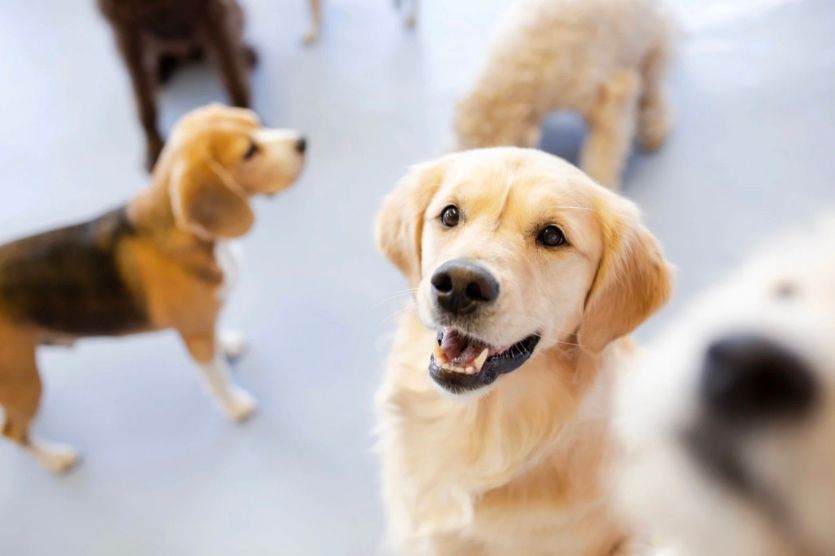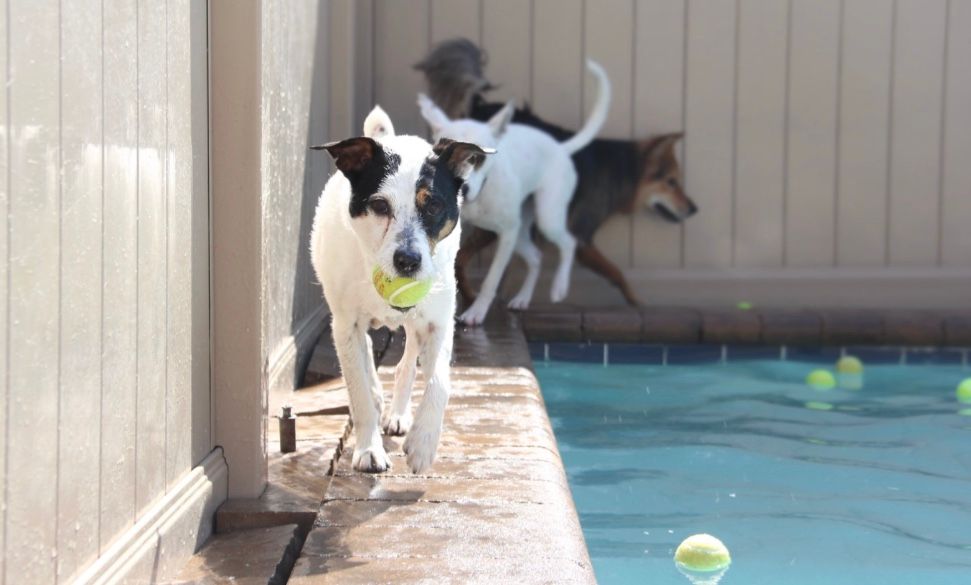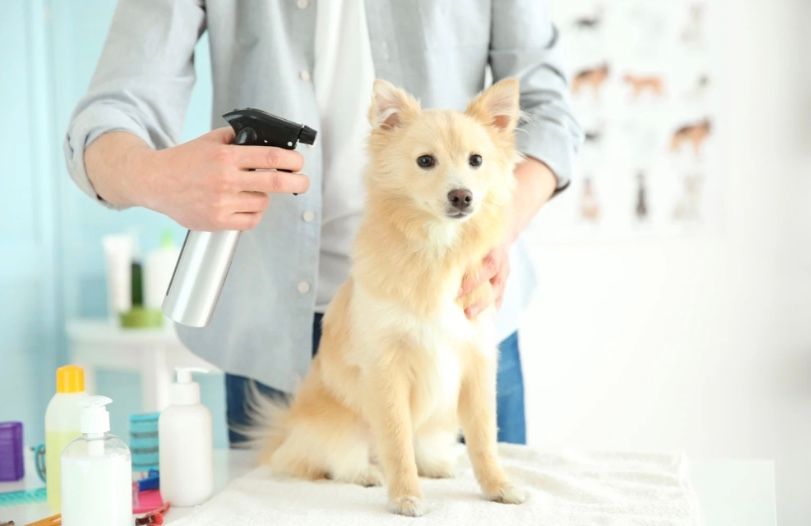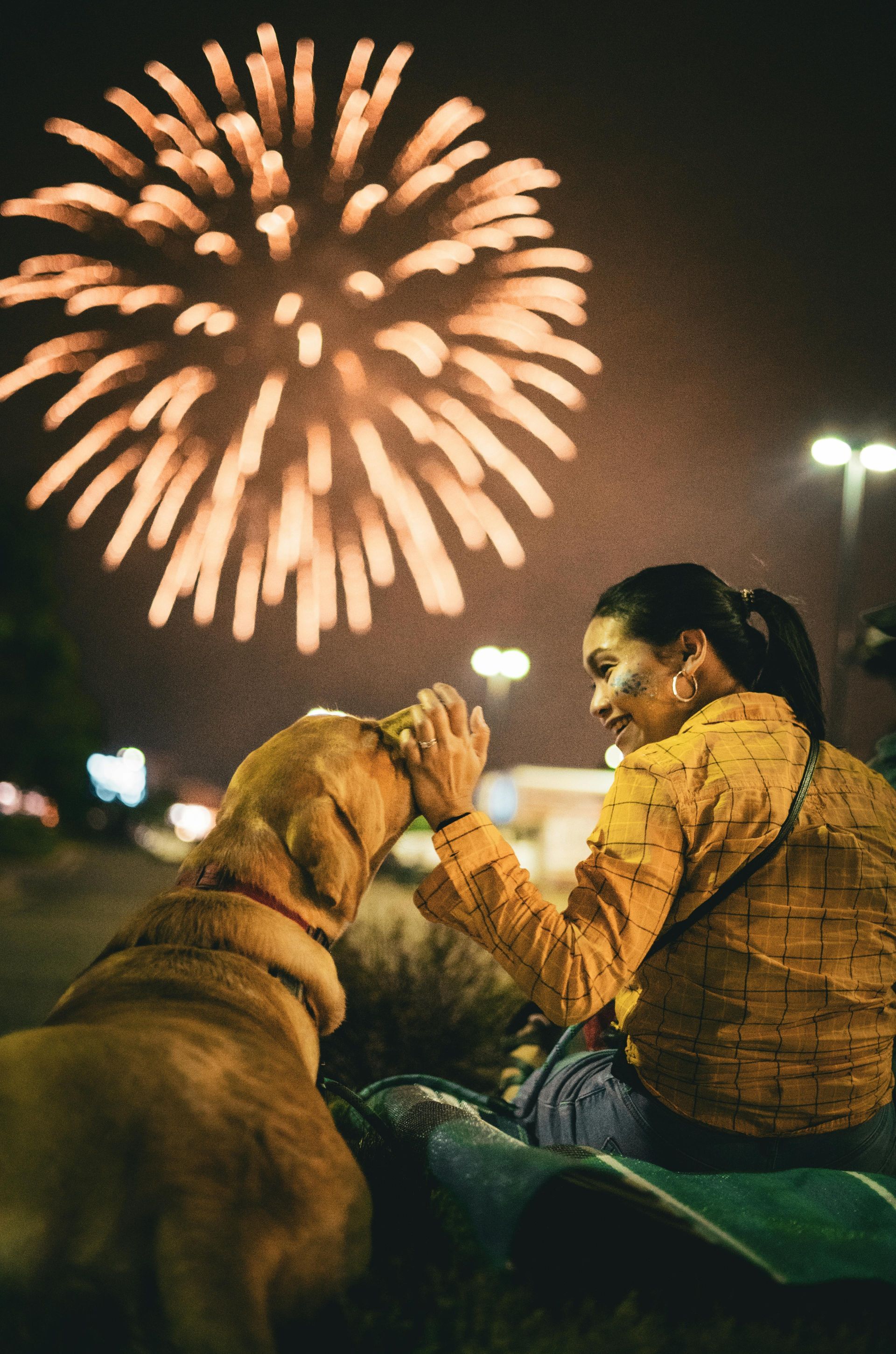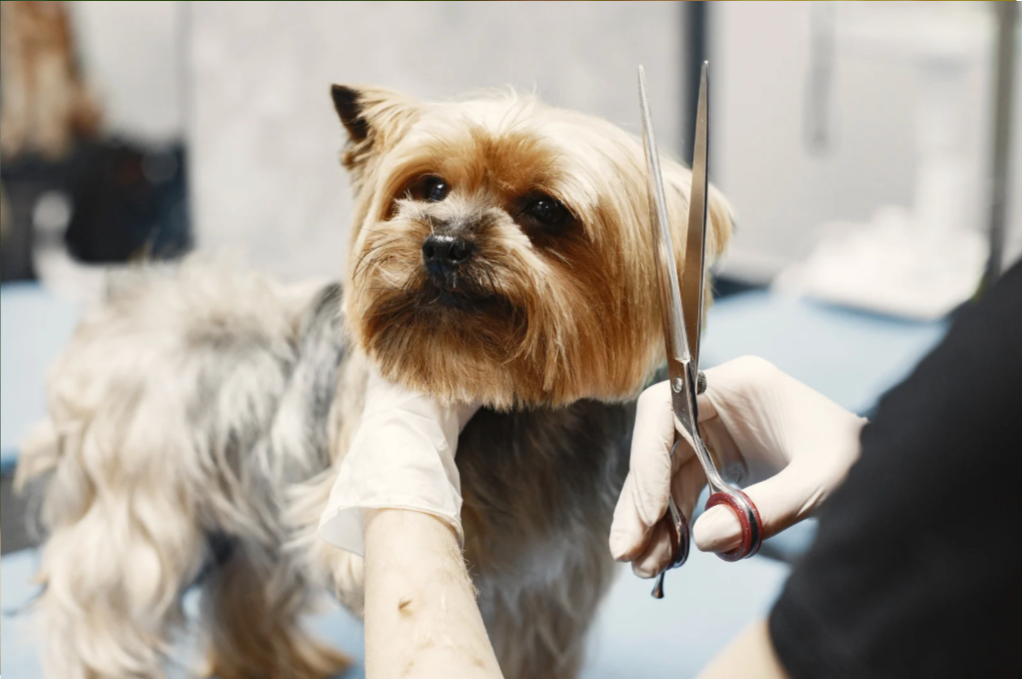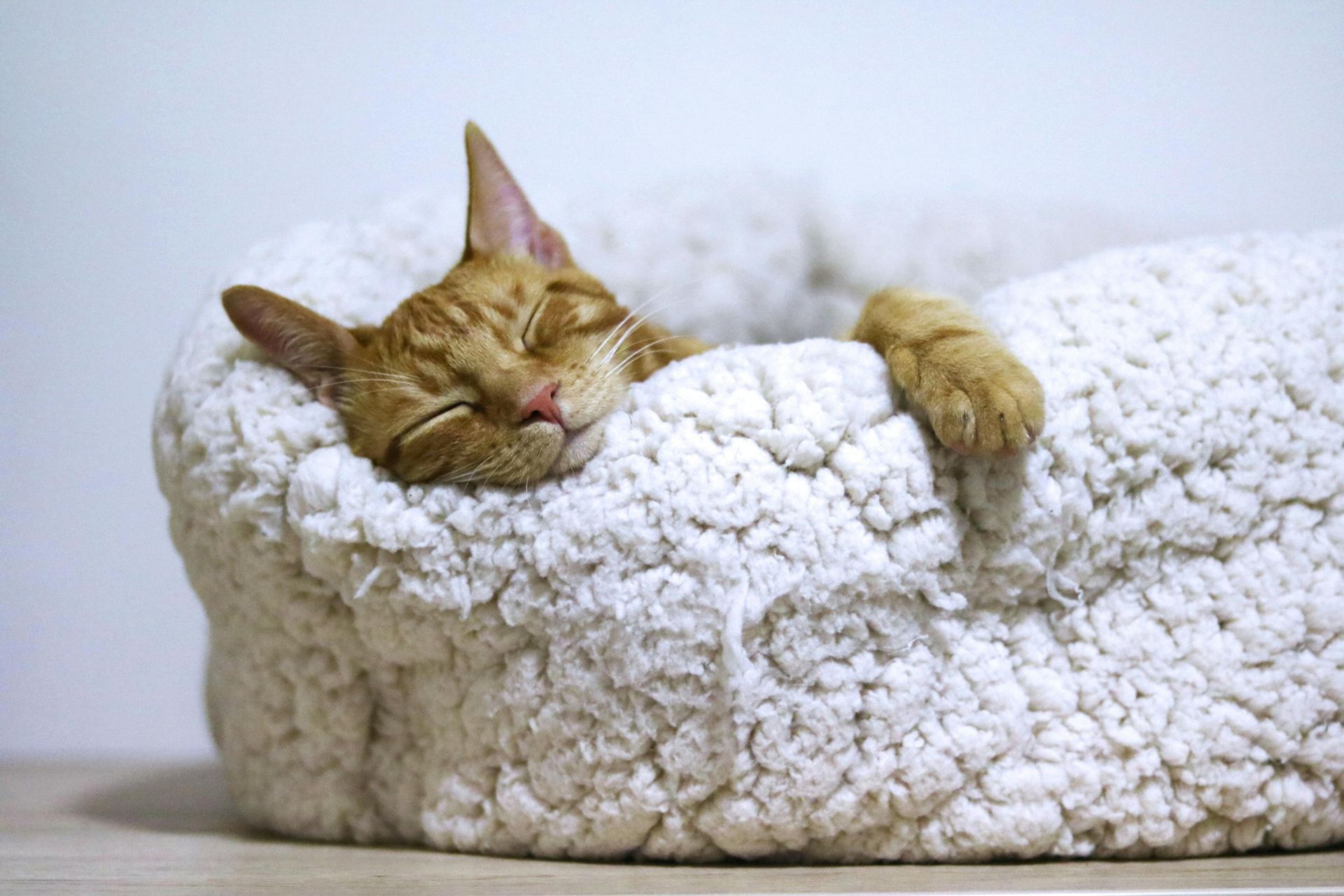How Dog Daycare Can Improve Your Pups Behavior
Guest post courtesy of Abi Pennavaria
As a pet parent, we all want to have that perfectly socialized, friends-with-everyone kind of dog. Unfortunately, not every dog is like that. Just like not all people like everyone, or every situation – neither do they. This can definitely cause frustrations or issues if you ever need to leave your pup at a doggy daycare. Even if you want to take them to a dog park, your dog’s attitude towards others could raise cause for concern. Luckily, with determination, patience, and consistent training, you can help your dog to become more comfortable in groups and social settings, and even be more at ease if he suffers from something like separation anxiety.
Taking your puppy to doggy daycare regularly early on can be extremely beneficial. Just like with human children and preschool, taking him to doggy daycare will teach your pup how to properly socialize with other dogs. He will learn how to play and interact, and maybe even pick up some positive behavior from the dogs around him.
Help Curb Separation Anxiety
Doggy daycare can be great if your pup if he suffers from a bit of separation anxiety. It can be stressful for your dog to be dropped off into a new environment and can be hard on both you and your dog. However, the distraction of having other furry (and human) friends to play with can help him forget all about having to be away from you. This will help him to calm down and realize that it’s okay for mom or dad to leave. When you finally come back to pick up after a long day of exercise and playing, he will be worn out and ready for a nap! As they say, a tired dog is a happy dog. Once he becomes accustomed to his new routine, he will realize how much fun he has at doggy daycare. In time, he will become more excited about going, and will look forward to his day trips to play with his new friends!
Mitigate Misbehavior with Doggy Daycare
Another benefit to putting your pooch into doggy daycare is that he will learn how to properly socialize with other dogs, in a kind and submissive way. While getting the chance to play and exercise with other dogs in a controlled environment, the chances of him becoming dog aggressive will greatly decline.
Why Socialization Is Important
Socialization is a major, and important, part of growing up. It teaches respect, personal space, and confidence. A dog that is not well socialized can grow up acquiring bad habits that can ultimately be a recipe for disaster in many situations. Lack of socialization can lead to anxiety, fear of new experiences, places, people, and even other dogs. It some cases these fears, caused by lack of socialization, can even lead to unwanted combativeness. Getting your new puppy (or adopted older dog) out into the world experiencing as much as possible is extremely essential. However, if you’ve brought home a new furry friend who shows signs of poor socialization skills, don’t fret. Most dogs or puppies can be retrained to learn proper socialization skills. Placing them in a regular doggy daycare program can help them to overcome their fears, and learn to be a confident, happy pup.
Doggy daycare can be a great idea for many puppies and dogs for a multitude of reasons! Be that as it may, it is not for every dog. If your pooch already misbehaves or suffers from severe separation anxiety, taking him to a doggy daycare could be dangerous for everyone involved. If this is the case, call a professional to help you and your dog with his unwanted behavior. Otherwise, let the puppy games begin!
This guest post is brought to you by Abi Pennavaria who is a dog mom, avid volunteer vet, and co-author of Saved By The Bark blog. She enjoys sharing tips and tricks for dog owners of all breeds.
